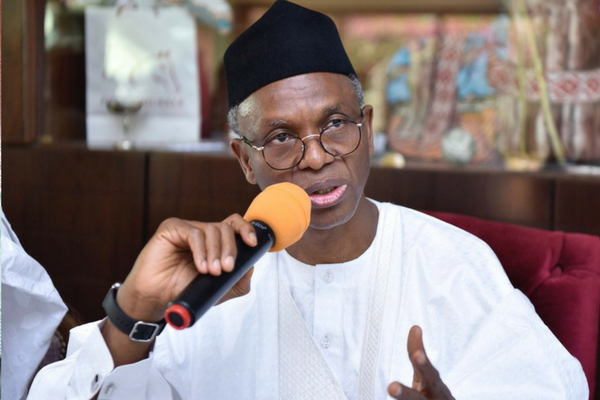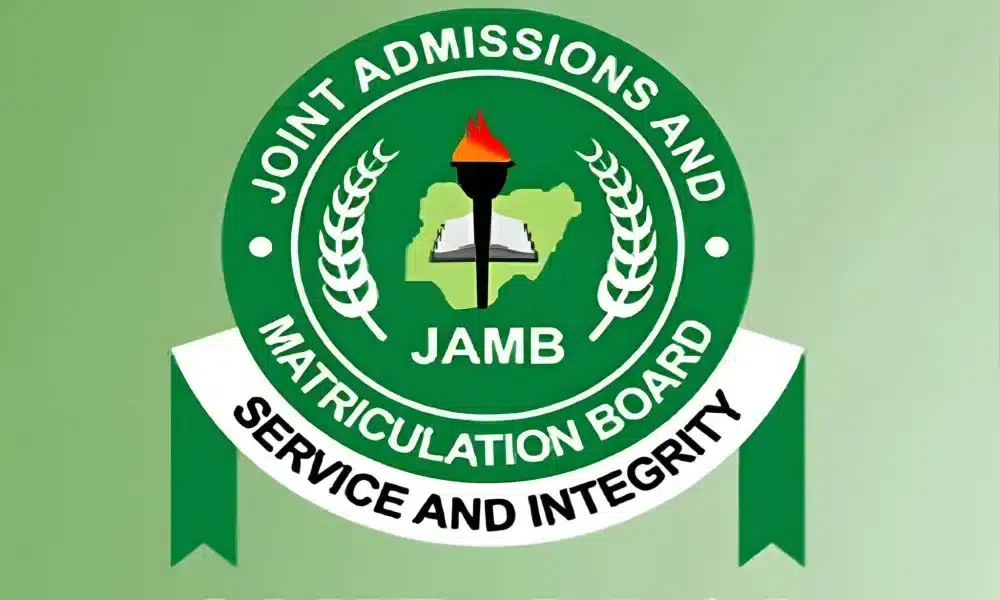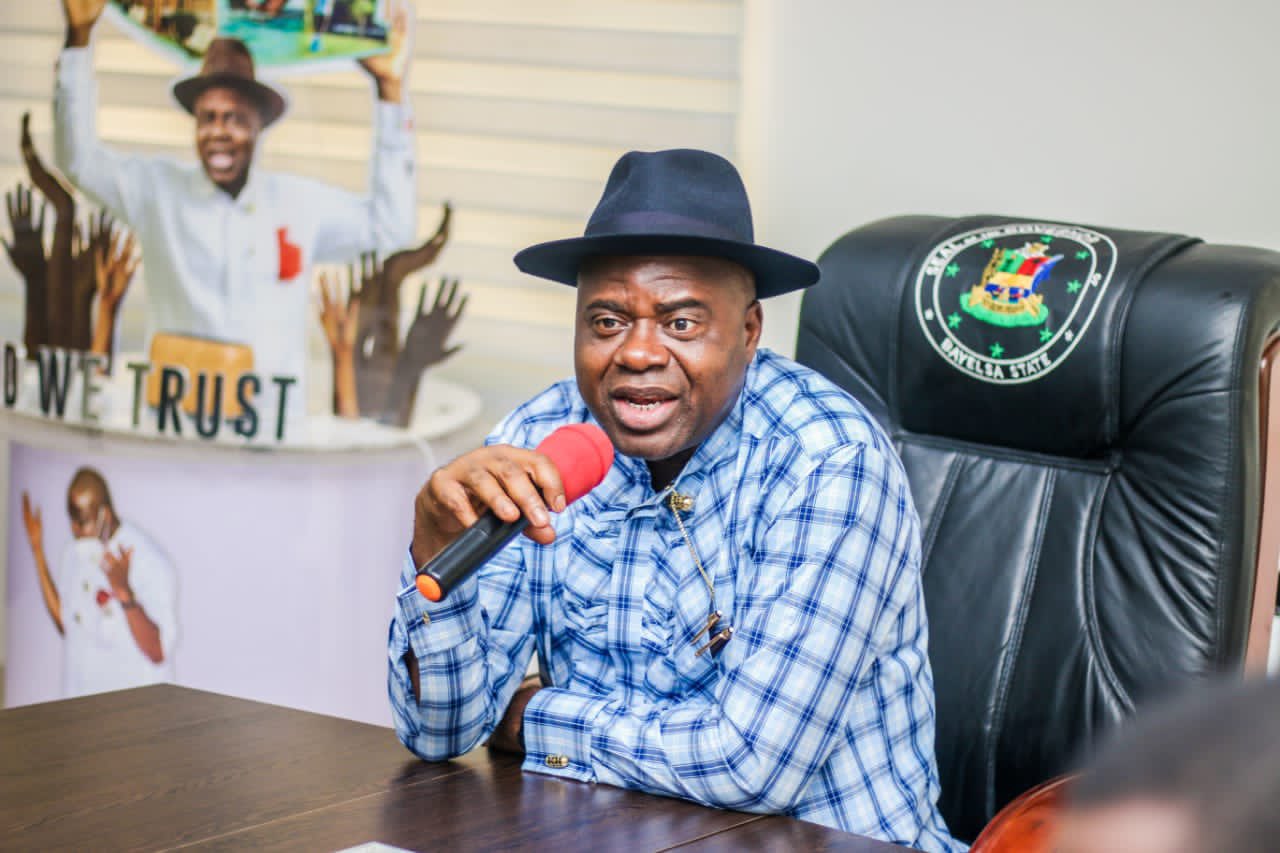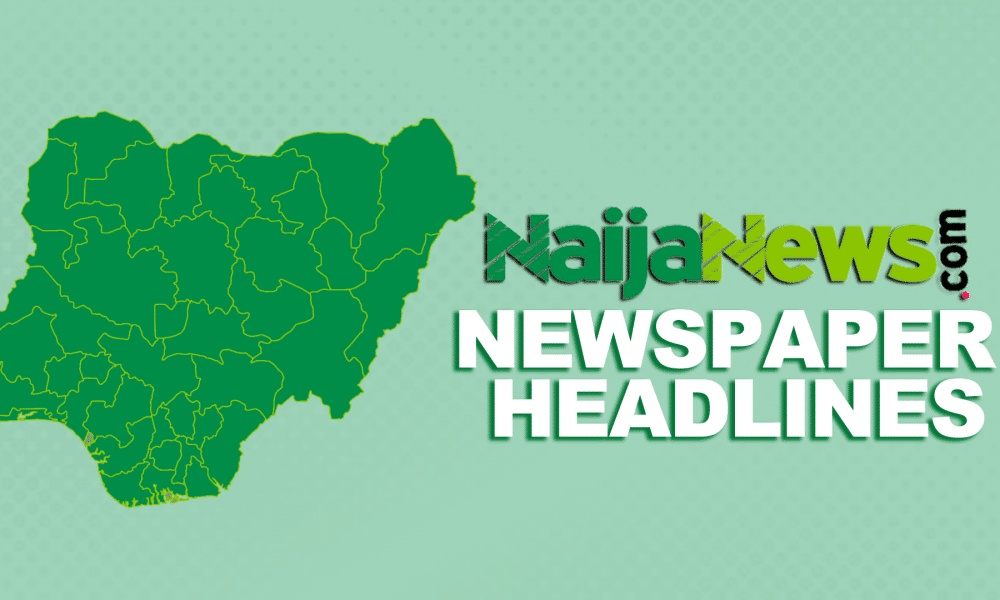Tinubu: Serving Nigeria's democratic interests, By Hashim Suleiman
President Tinubu, a seasoned political strategist, recognised the danger of allowing such chaos to fester. Knowing Nigerians might exploit the situation to impose their usual brand of disruptive democracy, he wisely intervened to restore order. Unsurprisingly, the usual critics are up in arms — not because democracy is under threat, but because their preferred outcome failed to materialise.
Nigeria is currently abuzz with debates about the perceived death of democracy — a narrative that reeks of dishonesty and déjà vu. This trend demands deeper scrutiny, as the failure to properly interrogate past democratic actions in Nigeria has allowed half-truths to solidify as misguided benchmarks for evaluating current events. As a result, many have been unjustly vilified on the basis of flawed perceptions.
A prevalent comparison today is between the Goodluck Jonathan administration and President Bola Tinubu’s current government, with many hailing Jonathan’s era as the golden standard of democratic governance. However, what these critics fail to interrogate is the fundamental nature of politics as a strategic game. Every player must devise a viable strategy for political survival. While Jonathan served Nigerians what they deemed as “true democracy,” Nigerians, in turn, exercised that same democracy by voting him out in 2015 — only to later lament their decision.
The succeeding government, led by President Muhammadu Buhari, pandered to populist demands by keeping economically unsustainable subsidies and handouts, thereby straining the nation’s finances. Unlike Jonathan, however, Buhari refused to relinquish control of the political game to the people. Had he done so, Nigerians would have served him their version of democracy in 2019 — a scenario that nearly played out until he reasserted control by controversially removing Justice Walter Onnoghen as chief justice. While critics decried the move as unconstitutional, discerning observers noted Onnoghen’s alleged ties to the opposition, which posed a clear conflict of interest.
Let us also recall that it was under the Yar’Adua/Jonathan administration — a government that practiced the so-called “people’s democracy” — that Boko Haram transformed from a fringe religious sect into a full-blown terrorist organisation. Ironically, that same democracy ultimately cost Jonathan his presidency. Is this the kind of democracy Nigerians now expect Tinubu to replicate, only to later turn against him with militancy and chaos, as they did with Jonathan? It seems they have knocked on the wrong door.
Another leader who understood the game was President Olusegun Obasanjo. He retained firm control of his political destiny, which enabled him to shape the national narrative and achieve significant milestones during his tenure. When Nigerians attempted to impose their brand of democracy — often laced with deceit — by pushing his deputy, Atiku Abubakar, to challenge him in 2003, Obasanjo reclaimed the upper hand. Reports suggest he had to negotiate fiercely to retain his political dominance. His subsequent attempt to extend his tenure via a third-term bid, though unsuccessful, further underscores the high-stakes nature of Nigerian politics.
Now, consider the ongoing drama in Rivers State. Tonye Cole, the APC’s governorship candidate in 2023, was a Riverine contender with prior electoral experience. Yet, rather than reward his persistence, Rivers voters opted for the anointed candidate, Siminalayi Fubara — a man who later sought to defy his political godfather but lacked a viable strategy. Since taking office, Fubara’s administration has been marked by a conspicuous absence of articulate spokespersons or coherent governance. Instead, his supporters have relied on thuggery and intimidation to force their way through.
President Tinubu, a seasoned political strategist, recognised the danger of allowing such chaos to fester. Knowing Nigerians might exploit the situation to impose their usual brand of disruptive democracy, he wisely intervened to restore order. Unsurprisingly, the usual critics are up in arms — not because democracy is under threat, but because their preferred outcome failed to materialise.
As I argued in my 2020 article (“Nigerians as their own cabal”), Nigerians are their own greatest obstacle to progress. When they are truly ready for the democracy they claim to desire, it will be evident. For now, their protests are little more than a smokescreen for regime change, aimed at installing even worse actors in power.
God bless Nigeria.
Hashim Suleiman writes through [email protected]











